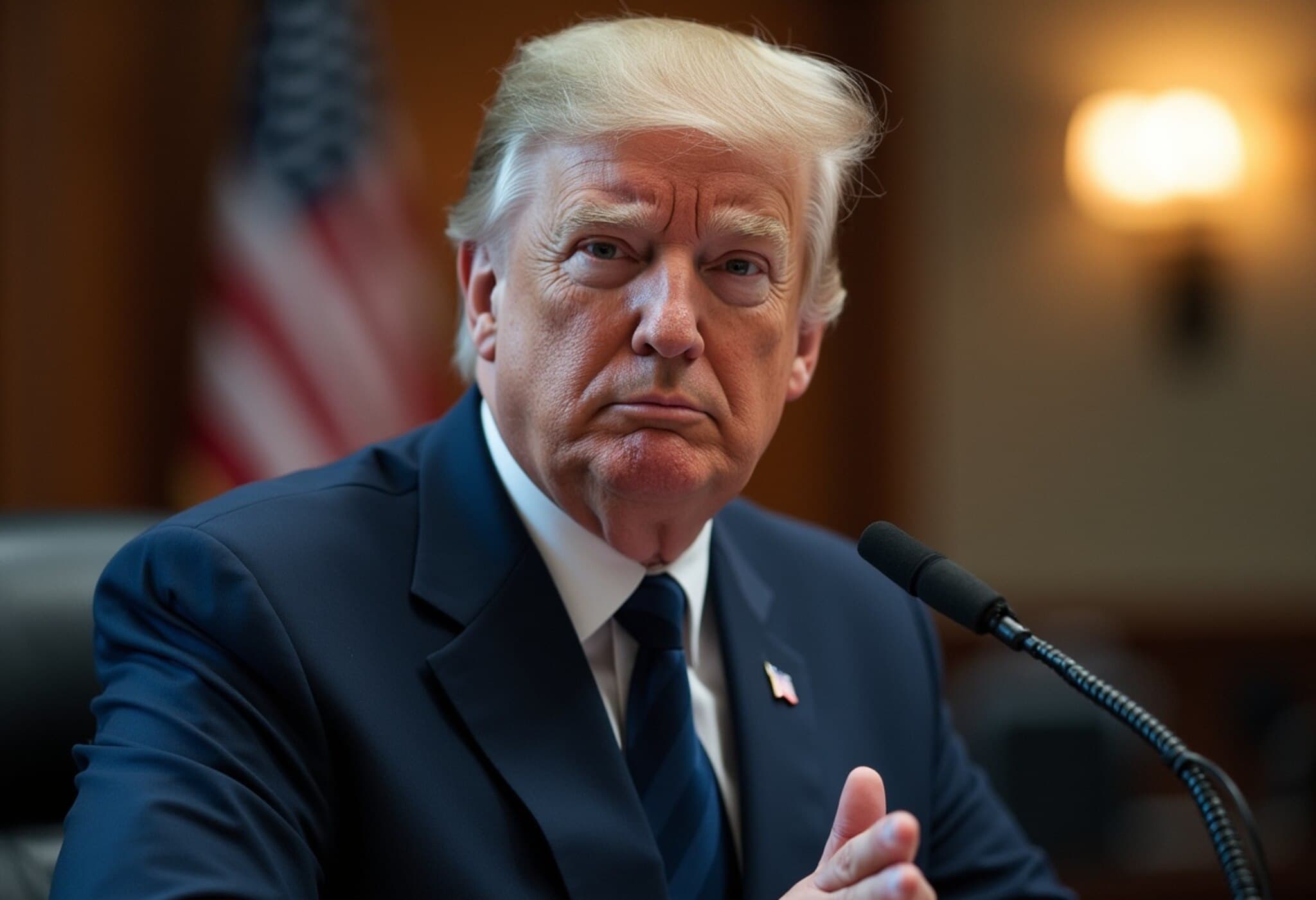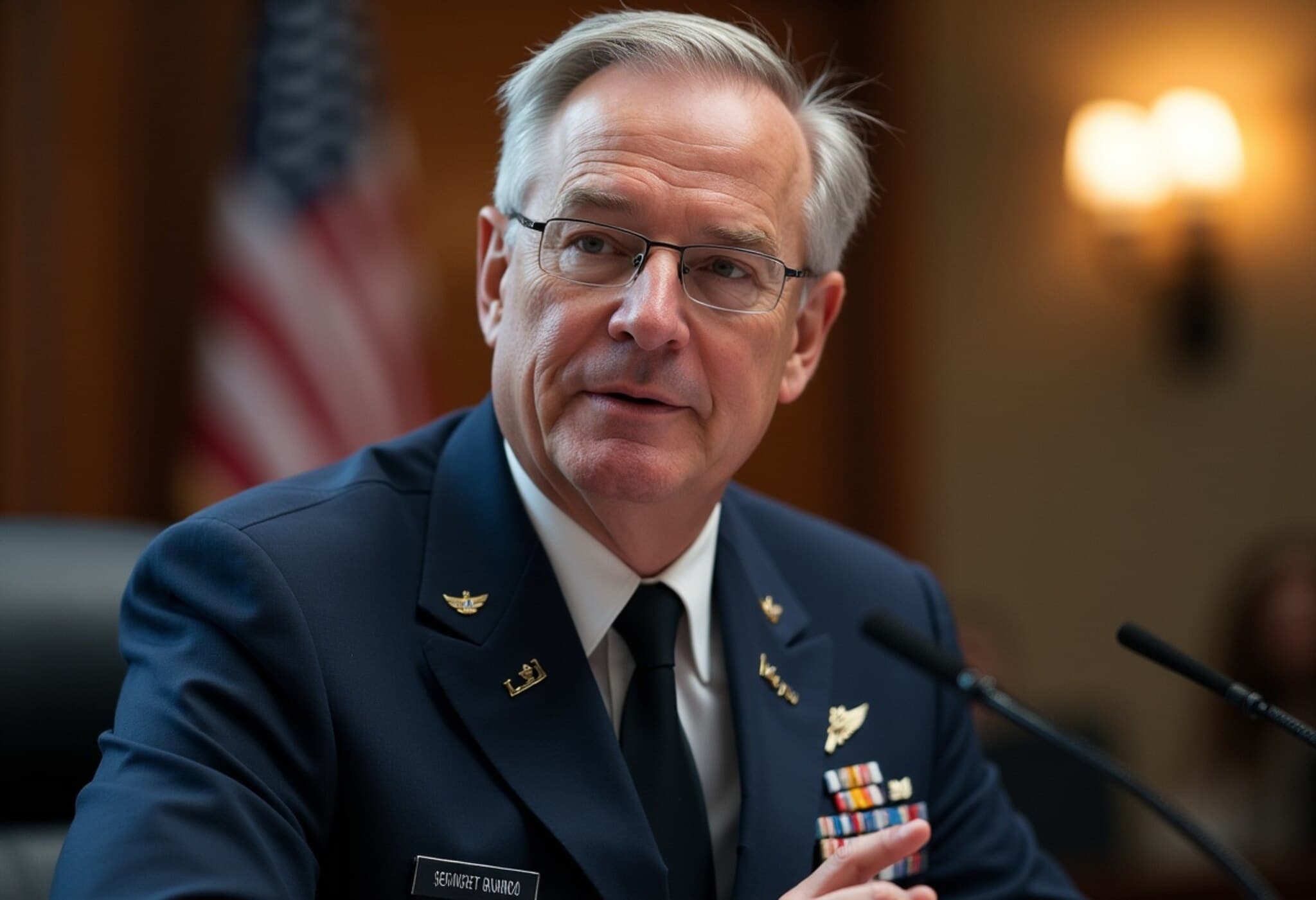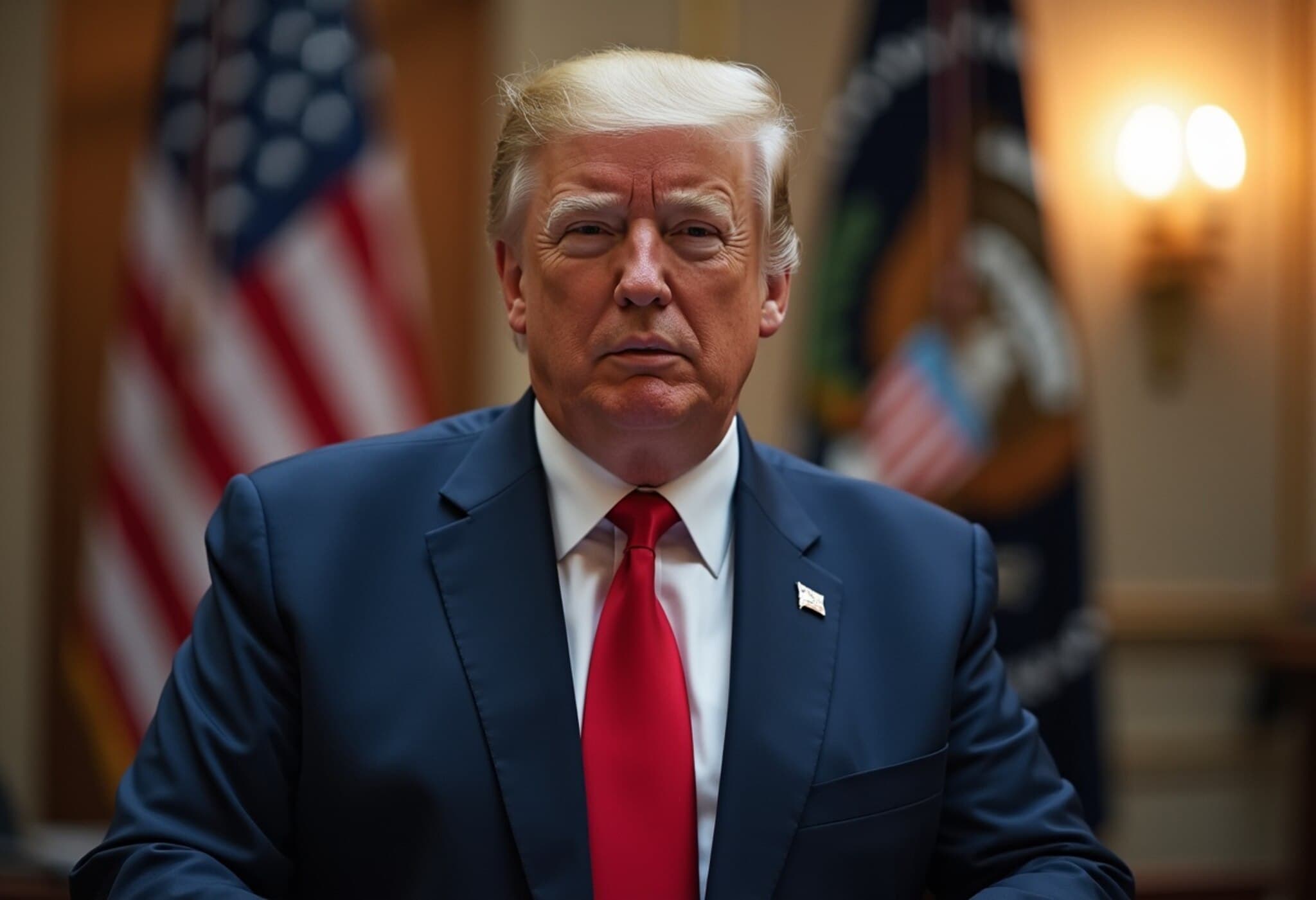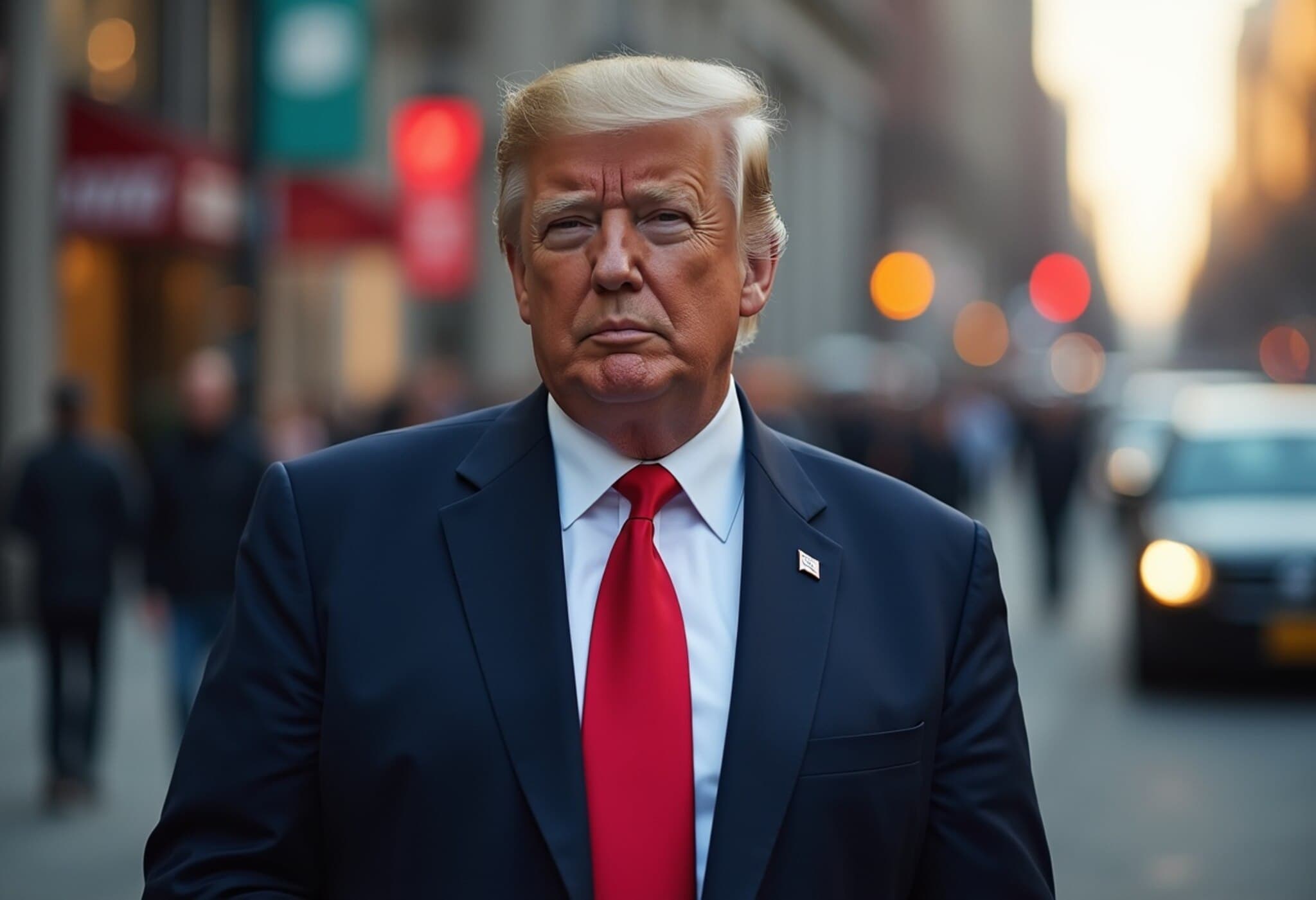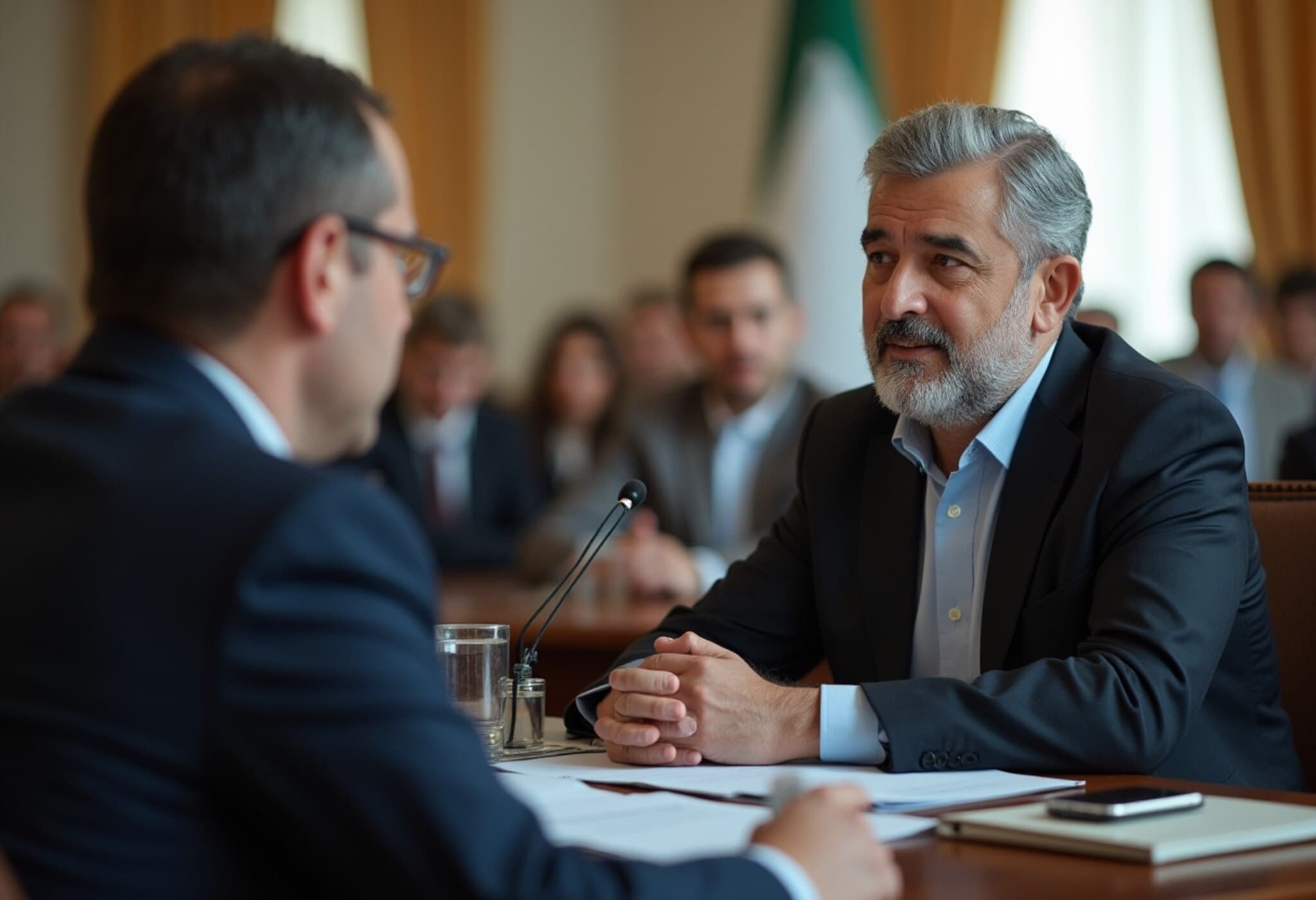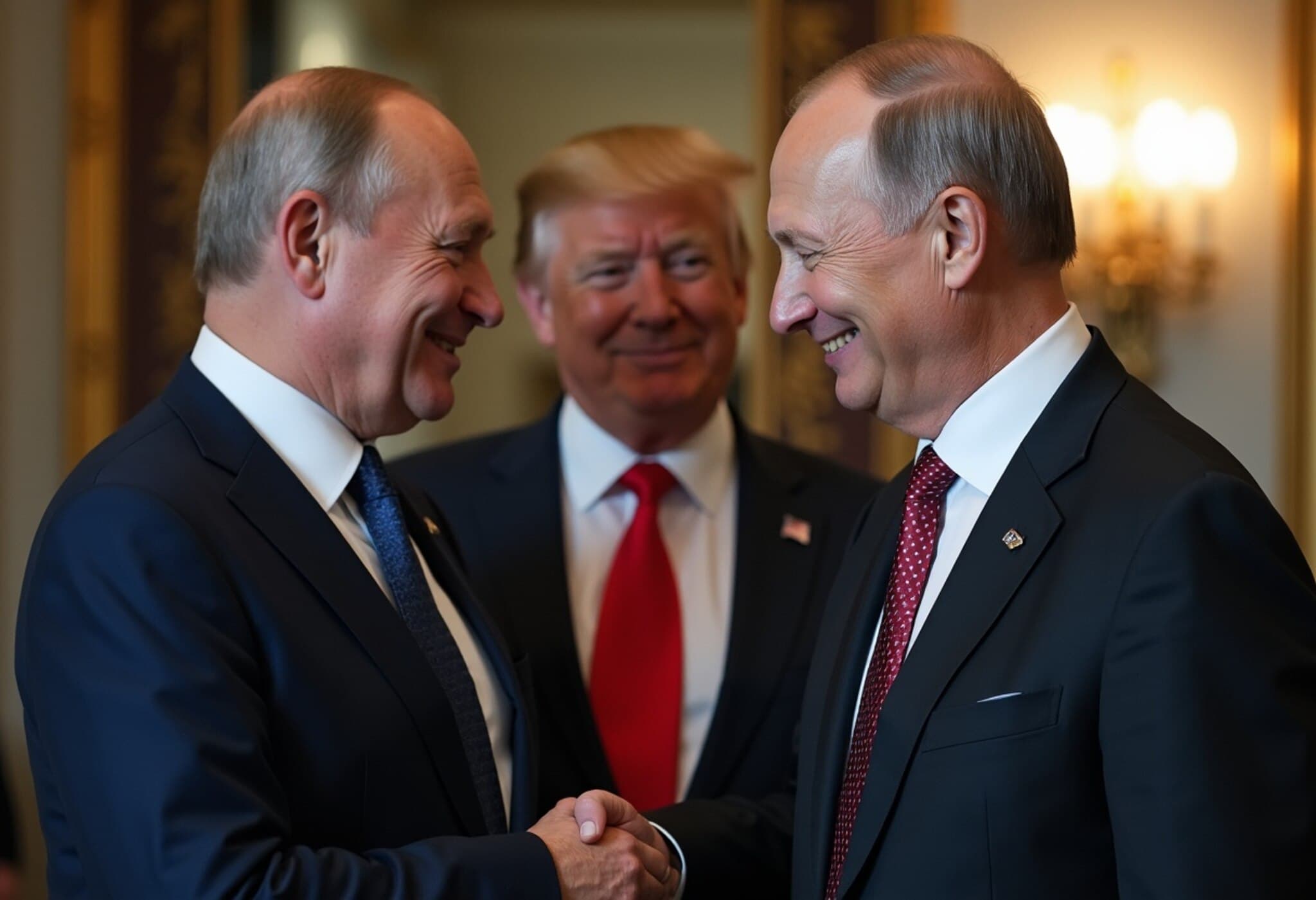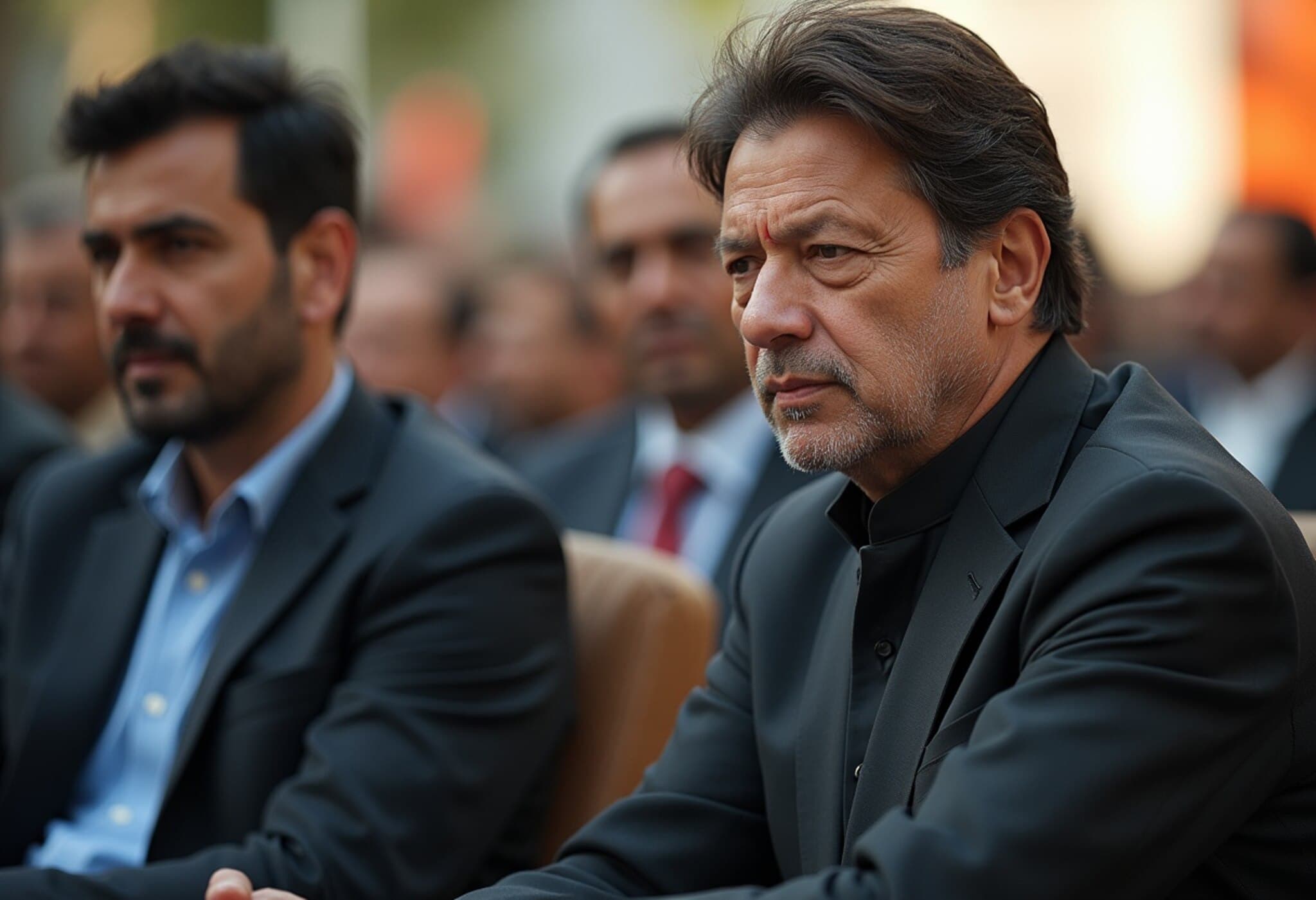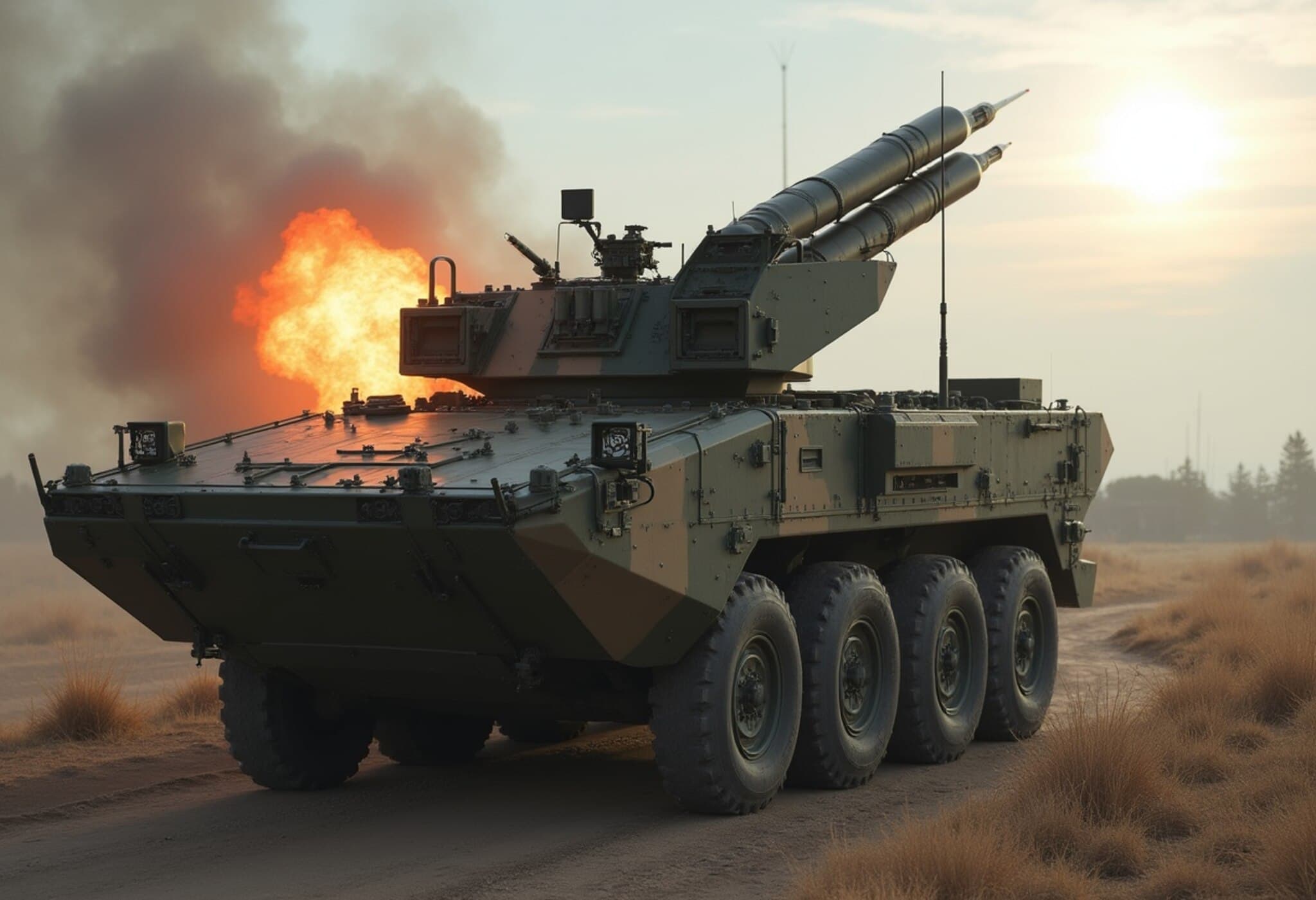Major Pentagon Overhaul: Defense Intelligence Chief Abruptly Removed
In an unexpected and significant move, Defense Secretary Pete Hegseth has dismissed Lieutenant General Jeffery Kruse, the head of the Defense Intelligence Agency (DIA). This decision marks a notable shake-up within the Pentagon, occurring shortly after a public clash with the White House over the intelligence assessment related to recent strikes on Iran’s nuclear facilities.
Conflict Over Iran Nuclear Strike Assessment
The controversy centers on the DIA’s evaluation that U.S. military strikes had only delayed Iran’s nuclear program by a few months, a conclusion starkly contradicted by then-President Donald Trump. Trump vehemently rejected the assessment, proclaiming that Iran’s nuclear infrastructure was “completely destroyed” and dismissing the DIA report as an attempt to undermine one of the "most successful military strikes in history." The White House officially labeled the DIA’s findings as “flat out wrong.”
Adding fuel to the fire, Secretary Hegseth publicly criticized the intelligence report as “low intelligence” at the NATO summit earlier in June and confirmed that the FBI was investigating a suspected leak of the DIA’s internal assessment.
Broader Organizational Changes and Fallout
According to Reuters and The Washington Post, both of which first announced General Kruse’s removal, two other senior Pentagon commanders—namely the chief of the U.S. Naval Reserves and the commander of Naval Special Warfare Command—have also been relieved from their posts recently, suggesting a broader leadership reshuffle within the military’s upper echelons.
The DIA plays a critical role within the U.S. intelligence apparatus, focusing primarily on technical and battlefield intelligence to support military operations globally. Unlike the CIA, which has a broader intelligence mandate including covert activities and foreign intelligence gathering, the DIA’s specialty lies in military and defense intelligence.
Critics Warn of Eroding Intelligence Independence
Senator Mark Warner responded sharply to these developments, cautioning that the dismissal of Lt. Gen. Kruse is symptomatic of a disturbing trend where intelligence is wielded as a "loyalty test" rather than an objective tool for safeguarding national security. Warner’s critique aligns with a pattern observed since early 2025, wherein officials providing intelligence or analysis that did not align with the administration’s narratives were targeted for removal.
Previous examples include President Trump’s July demand for the firing of Labor Statistics Commissioner Erika McEntarfer following reports of economic slowdown, as well as the April removal of General Timothy Haugh, former head of the National Security Agency, along with notable figures within the National Security Council.
What This Means for U.S. Intelligence and National Security
- Integrity of Intelligence: The politicization of intelligence assessments raises concerns about the objectivity and reliability of U.S. defense and security policymaking.
- Military Command Stability: The simultaneous ousting of multiple senior commanders could impact continuity and morale within critical defense institutions.
- Strategic Implications: Misrepresenting or underestimating adversaries’ capabilities, such as Iran’s nuclear progress, could lead to ill-informed policy decisions with unforeseen consequences.
Analysis by Defense Policy Expert, Dr. Samantha Cole: "This purge reflects a broader clash between political leadership and intelligence professionals. When intelligence professionals feel pressured to ‘align’ their assessments with political expectations, the very foundation of informed decision-making in defense is compromised. In the case of Iran, accurate intel is paramount to preventing escalation or miscalculation in a volatile region."
Looking Ahead: Questions for Policymakers and the Public
As this shake-up unfolds, critical debates emerge about the independence of intelligence agencies and the consequences of politicizing national security information. How can military intelligence maintain its integrity in an overtly politicized environment? What safeguards are necessary to prevent ideological conformity from overriding factual analysis? And crucially, how will these internal Pentagon changes influence future U.S. strategies regarding Iran and broader geopolitical challenges?
Editor’s Note
The removal of DIA chief Lt. Gen. Jeffery Kruse amid a dispute over Iran strike assessments highlights a troubling tension between intelligence objectivity and political narratives. This incident invites us to scrutinize how evolving leadership dynamics within the Pentagon may shape the accuracy of military intelligence and, by extension, national security policy. It reminds readers that safeguarding unbiased intelligence is not merely an internal matter for defense officials but a cornerstone for democratic accountability and informed public discourse.

